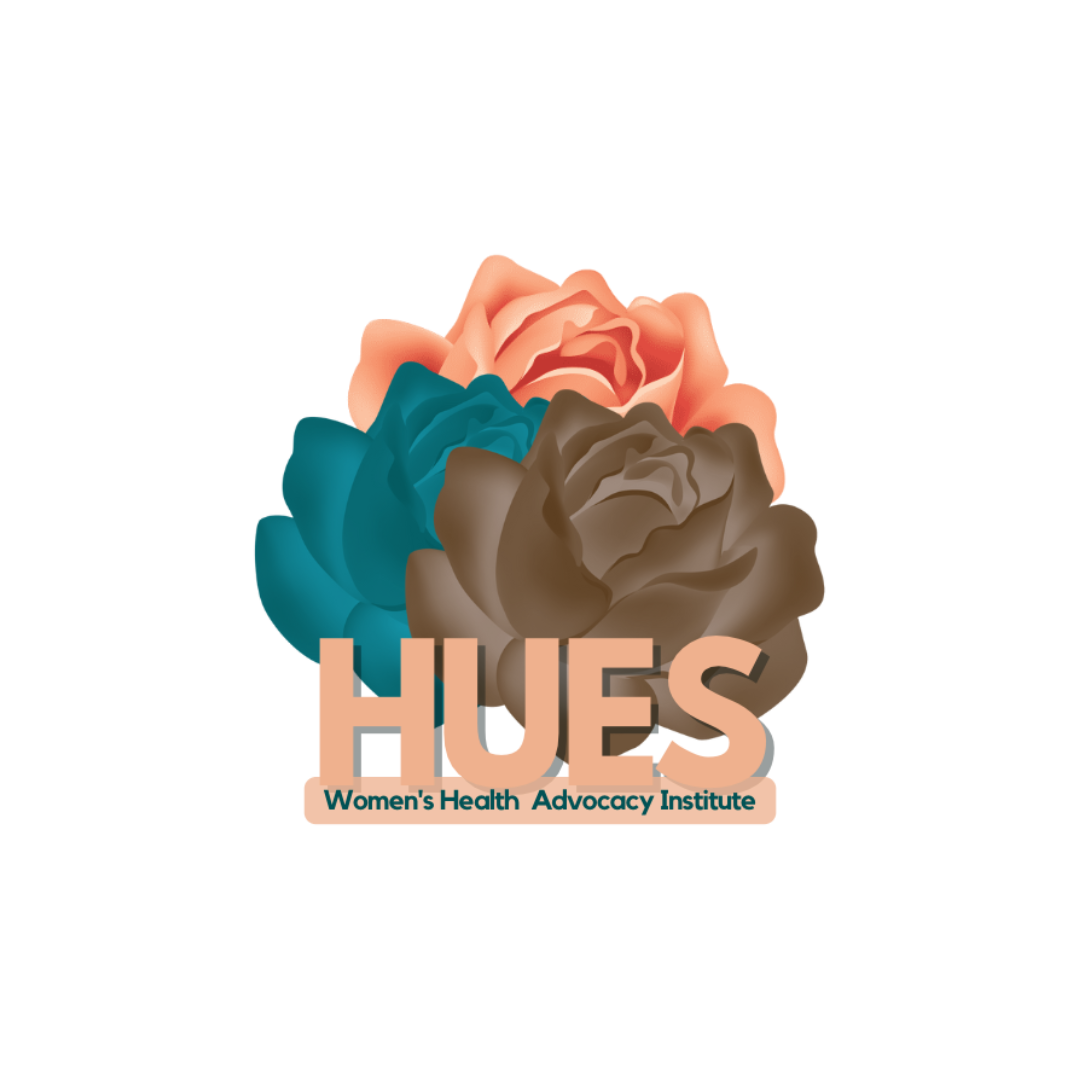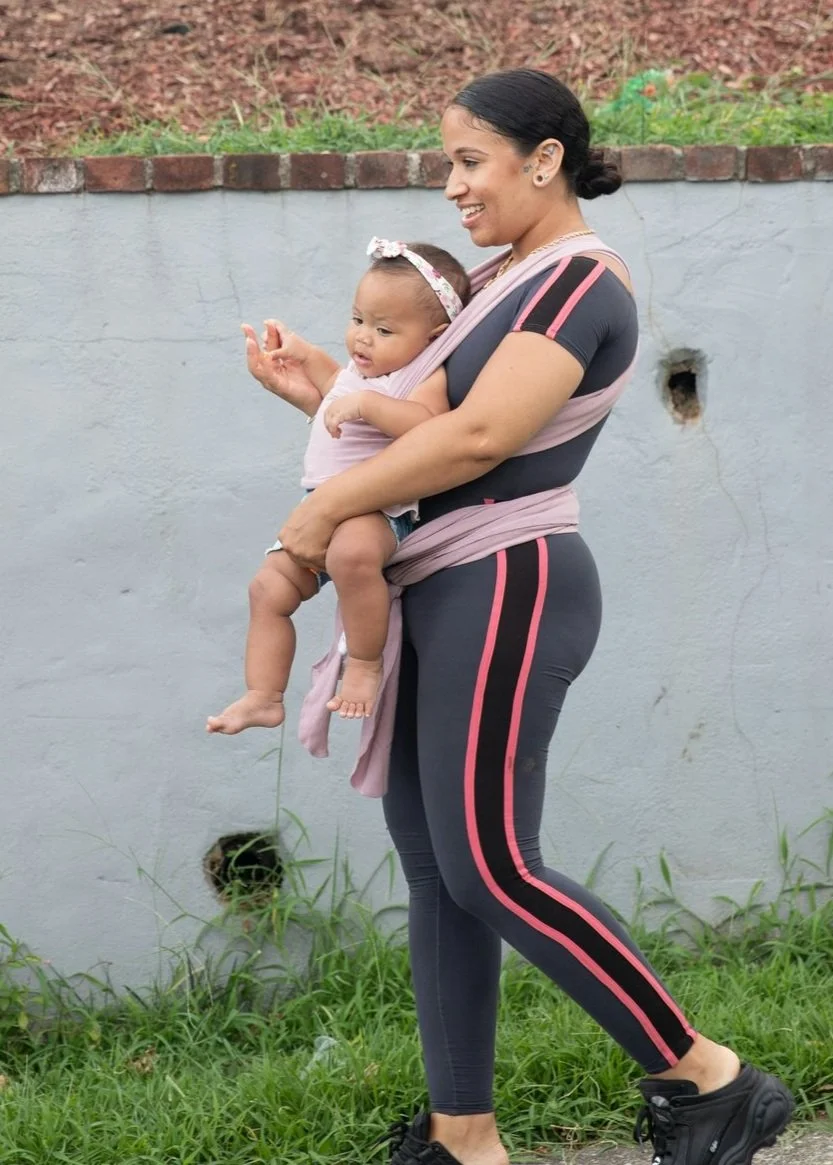Housing Justice
Housing policies and practices specifically impact the health and health equity of Women of Color in Greater Dayton and Miami Valley Communities. Read more below to learn how various factors contribute to health disparities while others promote equitable outcomes for all women in Ohio. It is our goal to propose changes to policies and practices as one way to enhance the lives of women of color in Ohio.
Economic Stability and Health:
Housing discrimination, such as redlining, reinforced poverty in communities of color, making it hard to access healthy food and safe spaces. This creates ongoing stress, harming physical and mental health, and increasing the risk of heart disease, diabetes, and depression, especially among women of color.
Moving & Access to Care:
Housing instability makes it hard to access healthcare. Moving often disrupts relationships with doctors, managing chronic illnesses, and getting preventive care, resulting in later diagnoses and worse health for women of color.
Safe Environment & Exposure:
Communities of color are more exposed to harmful environmental toxins from past zoning and industrial practices, resulting in higher rates of respiratory illnesses, lead poisoning, and other health problems. Women of color are especially at risk during pregnancy and childbirth because of these exposures
Limited Resources and Access:
When people and companies don’t invest in certain neighborhoods, women of color face challenges in getting healthy food, quality healthcare, and safe places to exercise. This makes it harder for them to stay healthy, manage chronic illnesses, and access necessary services, increasing health gaps.
Discrimination and Stress:
Housing discrimination and racism cause ongoing stress, impacting the physical and mental health of BIPOC women. Microaggressions, bias in healthcare, and lack of support make their situation worse.
Mental Health:
Housing instability, financial struggles, and discrimination harm mental health, increasing anxiety, depression, and PTSD among BIPOC women and worsening health differences.
Maternal Stress and Health Outcomes:
Housing instability and unsafe living conditions during pregnancy increase stress and negatively affect maternal health, resulting in premature births, low birth weight, and complications that mostly impact BIPOC women and infants.
Achieving Health Equity for Women of Color
To achieve health equity for BIPOC women in Greater Dayton, it's vital to address housing factors by:
Investing in affordable housing: Expanding safe housing options.
Combating discrimination: Enforcing fair housing laws and addressing biases.
Improving neighborhood conditions: Enhancing access to healthy food, healthcare, and safe environments.
Addressing social determinants of health: Supporting economic stability, education, and mental health.



